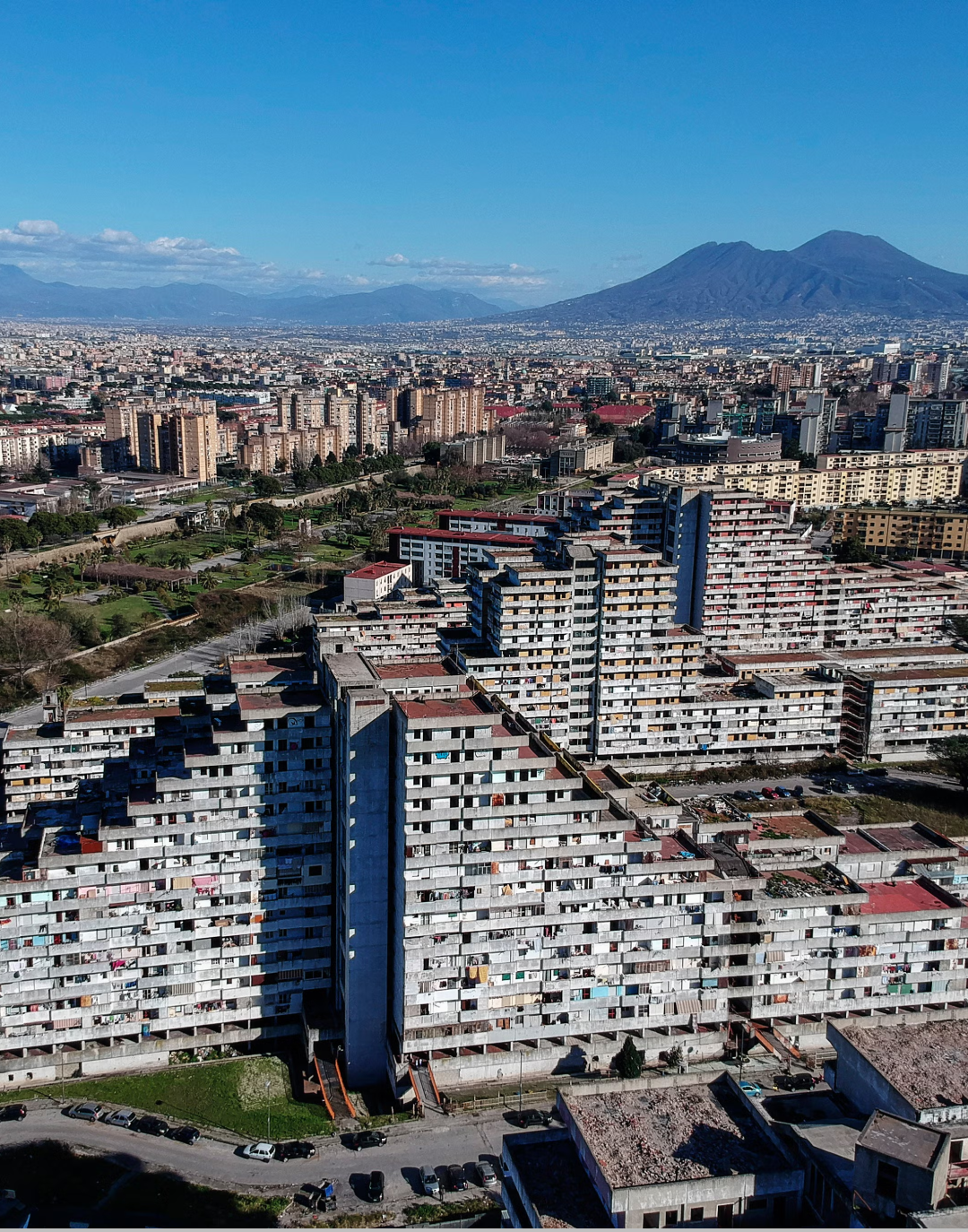
Being a digital nomad is harder than it looks A lifestyle that is not for everyone
With the experience of the pandemic and the health emergency, many people realized that it was not necessary to go to the office daily to work, and thus – when possible – they continued to do so remotely. Some have taken advantage of this flexibility by periodically changing cities, living for several months a year in various locations around the world (sometimes even as vacationers). These are the so-called "digital nomads". In 2019, there were just over 7 million people leading this lifestyle, while in 2022, they had more than doubled – almost 17 million. Today, this is a well-established practice: digital nomads know each other, exchange advice, and gather in online communities, especially on Instagram. Although not a mass phenomenon, this lifestyle generates a lot of interest, especially on social networks, and it's not uncommon to come across content praising the practice. Indeed, there can be many positive aspects. If you have a job that can be done entirely remotely, choosing to be a digital nomad is undoubtedly a privilege. However, one must not forget the individual and social consequences, often not highlighted on social media. On the contrary, some profiles dedicated to digital nomads tend to spread the belief that this lifestyle is entirely enviable, but it is not always so.
Being a digital nomad is not for everyone
@nanobytesinc What's in my bag? #digital #nomad original sound - NanoBytesInc
Among the negative aspects of living as a digital nomad, first of all, many of these workers are effectively freelancers, with all the difficulties that entails. Traveling can also have economic repercussions that should not be underestimated, even when deciding to do so in countries with a generally low cost of living. Outside Western countries, special visas or permits are often required, and obtaining them can be complicated and stressful. Loneliness, instability, and difficulty in forming lasting emotional bonds, are other aspects to consider. For these reasons, in the online community of digital nomads, those who portray this lifestyle as a myth on social media are not well-regarded. Nicholas Barang, who has been working remotely around the world for over a decade, explains this well: "I am part of a community of digital nomads who make a living as bloggers. [...] The group administrator conducted a survey asking if anyone had ever worked from a beach. Out of several hundred responses, only a small handful of people had done it, and no one was doing it at that moment. Do you know why? Because working from a beach is not something people actually do. Your equipment would be ruined with sand. The glare of the sun would make it difficult to see the computer screen, and, above all, hammocks, beach chairs, or towels laid on the ground are not comfortable places to work."
The social consequences of digital nomads
@nomaddeals Digital nomad visas in Europe are a gamechanger #digitalnomad #travel #traveltiktok #travelhacks original sound - Nomad Deals
After the pandemic, several countries began offering temporary work visas to foreigners working remotely, sometimes allowing them to pay lower taxes than those in their home country – which encouraged the practice. The problem is that, often, the money spent by digital nomads does not have positive effects on the lives of the places where these workers temporarily settle. Digital nomads usually find accommodation in so-called co-living spaces – buildings organized so that each person has their own apartment but with shared spaces like the kitchen. These structures are mainly opened in places not frequented by mass tourism, and the phenomenon ends up negatively influencing the real estate market of individual cities, especially in urban centers in Southeast Asia – a highly sought-after destination for digital nomads. In response to the influx of Western remote workers, co-living and coworking spaces have become widespread in these locations. However, the cost of living and real estate, in turn, has increased, because digital nomads have more economic opportunities than the local residents, forcing long-time residents to move.








































